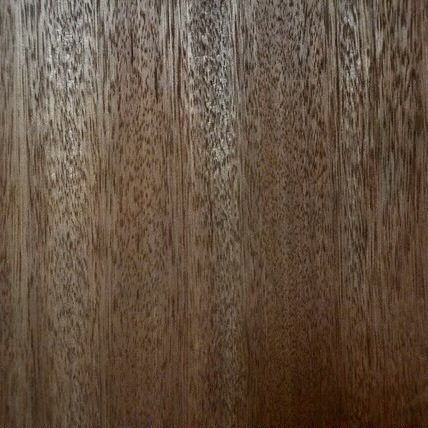Premium Palo Maria Lumber
Servicing Global & Local Customers
Freight Shipping or On-Site Pickup Available
Family Owned Since 1947
Wholesale & Retail Exotic Lumber Sales
Request Quote
Hero Request Form
Thank you for contacting us.
We will get back to you as soon as possible.
Oops, there was an error sending your message.
Please try again later.
Please try again later.
Palo Maria
(Calophyllum brasiliense)
Palo Maria (Calophyllum brasiliense)
Newman Lumber Company

Palo Maria (Calophyllum brasiliense)
The wood is fairly easy to work and generally yields smooth surfaces on straight-grained material.
- Family: Guttiferae
- Other Common Names: American Sapele, Leche de Maria (Mexico), Calaba (Panama), Aceite maria (Colombia), Edaballi, Kurahara (Guayana), Balsamaria (Bolivia), Guanandi, Jacareuba (Brazil), American Sapele, Barf
- Uses: Widely used in the tropics for general construction, flooring, furniture, boat construction; a favored general utility timber.
- Thicknesses: Available in 4/4, and 5/4 Air-Dried and Kiln-Dried.
- Grades: F1F & Better, Quarter Sawn, #1 Common & Better, #2 Common & Better, Select & Better.
- Distribution: Grows throughout the West Indies and from Mexico southward through Central America and into northern South America. It is found on all types of soils – from wet, humid to very dry sites.
- The Tree: When conditions are favorable, the tree attains a height of 100 to 150 ft with a long straight clear bole 3 to 6 ft in diameter; unbuttressed.
The Wood
- General Characteristics: Heartwood varies in color from pink to yellowish pink, to brick red or rich reddish brown; sapwood 1 to 2 in. wide, lighter in color and not always clearly differentiated from heartwood. Texture medium and fairly uniform; grain generally interlocked; luster rather low to medium; odor and taste not distinctive.
- Weight: Basic specific gravity (oven-dry weight/green volume) 0.51; air-dry density 39 pcf.
- Mechanical Properties: (First set of values based on 2-in. standard, second set of values based on 2-cm standard.) Janka side hardness 890 lb for green wood and 1,150 lb for dry. Forest Products Laboratory toughness average for green and dry material is 180 in.-lb (5/8-in. specimen).
- Drying and Shrinkage: The wood is moderately difficult to air-season, drying rate varies considerably, surface checking is slight. Kiln schedule T2-D4 is suggested for 4/4 stock and T2-D3 for 8/4. Shrinkage from green to oven-dry: radial 4.6%; tangential 8.0%; volumetric 13.6%. Movement in service is rate as medium.
- Working Properties: The wood is fairly easy to work and generally yields smooth surfaces on straight-grained material.
- Durability: The heartwood is generally rated as durable to moderately durable with respect to decay resistance; rated as very susceptible to attack by dry-wood termites; not resistant to marine borers.
- Preservation: Heartwood is very resistant to impregnation by nonpressure and pressure systems. Sapwood has good permeability if incised.
| Moisture Content | Bending Strength (psi) | Modules of Elasticity (1000 psi) | Max Crushing Strength (psi) |
|---|---|---|---|
| Green (75) | 10,490 | 1,590 | 4,500 |
| 12% | 14,640 | 1,830 | 6,910 |
| Green (22) | 11,100 | 1,470 | 5,490 |
| 12% | 15,700 | 1,710 | 8,730 |
- Bullet text
- Bullet text
- Bullet text
- Bullet text
- Bullet text
- Bullet text
- Bullet text
- Bullet text
- Bullet text
- Bullet text
What is unique about Palo Maria wood?
Palo Maria is known for its beautiful figure and excellent stability.
What are common applications for Palo Maria?
Palo Maria is often used in high-end furniture, cabinetry, and decorative veneers. Contact Newman Lumber Company today to get started.
Is Palo Maria easy to work with?
Palo Maria is generally easy to work with, but may have interlocked grain that can cause tearout.

CP #1 Headline
CP #1 Body
CP #1 CTA Lead-in
Not valid with any other offers or promotions. Restrictions apply.
Must mention this coupon at the time of scheduling.
(228) 226-1003
Gallery Heading H2

Palo Maria
Thank you for contacting us.
We will get back to you as soon as possible.
We will get back to you as soon as possible.
Oops, there was an error sending your message.
Please try again later.
Please try again later.






